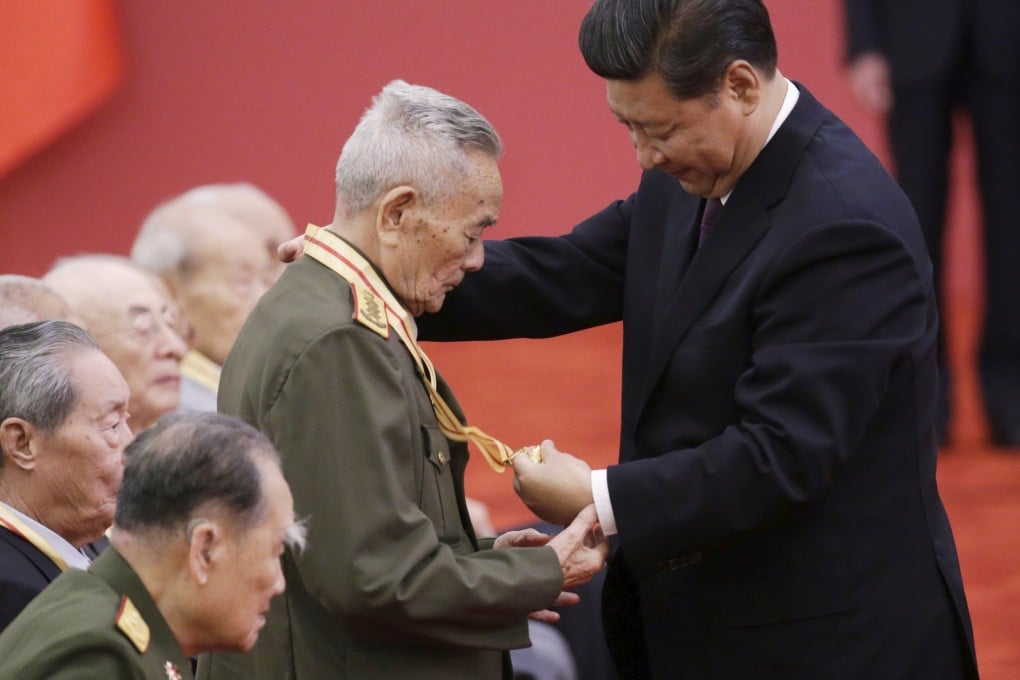Let September 3 be remembered not for the politics, but for war heroes who fought on the Chinese battlefront
Kerry Brown says no matter the politics, those who fought so bravely deserve to be honoured


The simple truth today, as historians have pointed out in recent years, is that China was an ally of the US, Britain and the Allied powers over this period. Yet its contribution has never been as fully recognised as it should have been.
Part of this is to do with events that happened not actually during but after the second world war, which complicated the pattern of alliances prevailing during the conflict itself. International war may have stopped in 1945 for China. But internal conflict continued. The civil war convulsed the country for three more years of turmoil.
The unexpected Communist victory in 1949 itself led into an era of new confrontation - under the rubric of the cold war and the American-led struggle against communism. In this new fight, China's erstwhile position as an ally was replaced by a new one as a Red enemy. This was the parlous situation that prevailed for another two decades, and still lingers to this day.
To allow today's politics to encroach on the recognition of yesterday's heroism just adds one more tragedy to the events associated with the war
That change of government in China in 1949 means that, even now, we have an issue over who it is precisely we should be thanking and acknowledging the support of in the struggle against fascism up to 1945. China as a country, a geographical entity, prevailed. But there is the delicate matter of how we have to acknowledge the role played by both the Nationalist and Communist armies fighting under the label of a united front in the Sino-Japanese war.